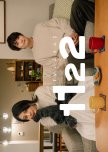

Both dramas explore well established marriages, 5+ years for either main couple, and the motivations for why such couples would be interested in having affairs, but not getting a divorce due to them. Both partners, male and female, have affairs so it's rarely one-sided either. Both are also, surprisingly produced by Amazon Prime.
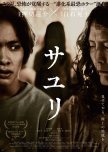
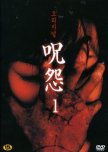
Both films first act, are eerily similar. An appealing home located in a nice neighborhood, but seemingly never occupied for long and a child-like spirit or something worse, causing distress for the current occupants. Sayuri does seem to take many notes and cues from Ju-on, but has it's own distinct twists in the second and third acts.
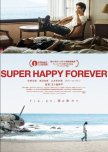
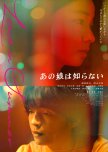
Both films have a similar setting, a small local hotel near the seaside with a recent occupant looking for the pieces of their lost love one in and around the area. They are filmed with different emphasis points on the human experience, and in the grieving process for both male leads. Both in their own brilliant takes on about what it means to look for someone lost, despite knowing they will never be fully 'found'.
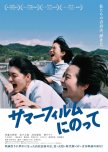
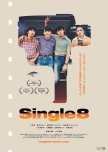
The main point of similarity, without spoilers, is that both films are focused on high schoolers making a short film in time for their school festivals, with films within films being present. The central themes of youth, long summer days, and coming of age are also present.
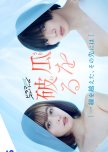

While the female protagonists couldn't be more opposite Uri wo Waru's being a virgin, Raise de wa's being a self-proclaimed 'slut' both series focus on mature relationships. The focus is less on will these two get together, but on previous established relationships. The casts are working class adults navigating not only romantic and or sexual relationships, many of which are considered atypical in Japan. There's also subplots regarding exploration of sexual orientation as well.

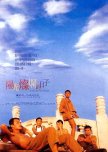
Both films were shot on 35mm, which adds to the 'crispy' feel of the film. There's quite a few scenes were you can really feel the heat radiate off the screen. Many of the central themes like being set in summer, heat, water rationing, absentee parents, and some minor overlap in juvenile delinquency.
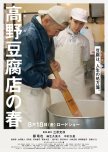
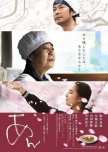
Both films focus on the creation of traditional Japanese foods, focusing on being more cinematic rather than documentary style. There are wider stories focusing on family, friendship and the slice-of-life elements. The biggest point of comparison for me, is the indirect focus on intergenerational relationships of family, both in a found family sense and biologically.
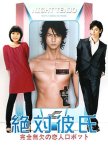

Both stories function of the idea of a "Risou no Kareshi" or an ideal boyfriend, though both stories have different takes on the idea (one being a contract boyfriend, the other being a robot). It's really very Japanese in execution as well, with tried and true troupes and misunderstandings to tug at your heart strings.

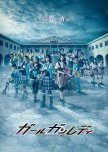
Both series have a female protagonist whose rather unassuming to start with. However, these same unassuming protagonists grow and change once they begin building, customizing and altering these ordinary puromo (plastic models) into their own unique pieces.
Alivehoon and Engine are similar in the story itself, which is relatively simple and self contained. There's a male racer who has an obstacle to overcome, as well as being supported by their respective team along the way.

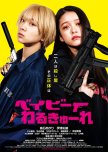
Violence Action and Baby Walkure as a premise, are pretty much the same. High school girls working after school as contract killers/ assassins. This might change, but where Violence Action will probably lean more into manga sensibilities with action, Baby Walkure leans more into yakuza movie sensibilities. I suspect (might change when VA releases) both will have endearing female leads.


Both series focus on the undetermined nature of the female lead's relationship to the male lead. Suiyobi 22-ji dake no kare is the much more PG version of a undefined relationship, with arguably a time limit on the couple being 'together'. I also just really feel like both series have a similar vibe to them as well.

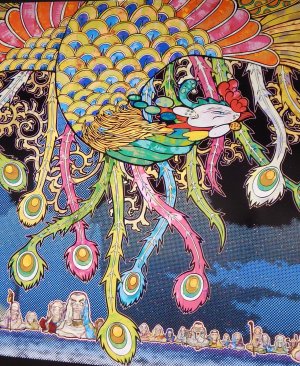
 1
1























